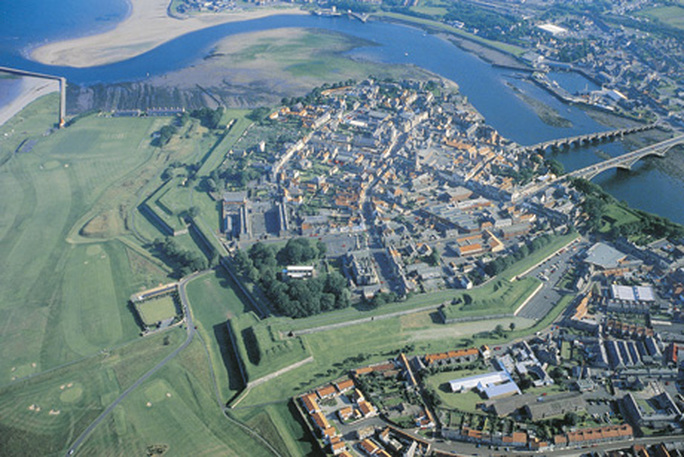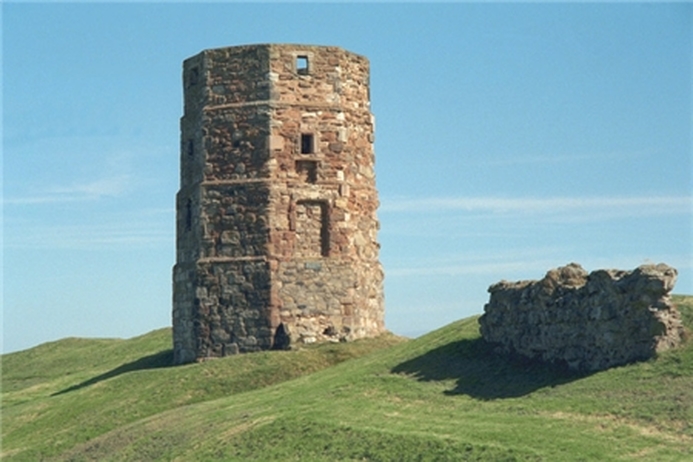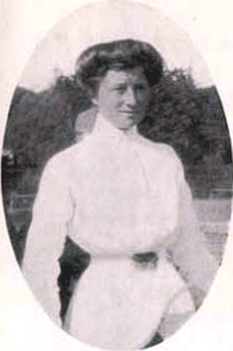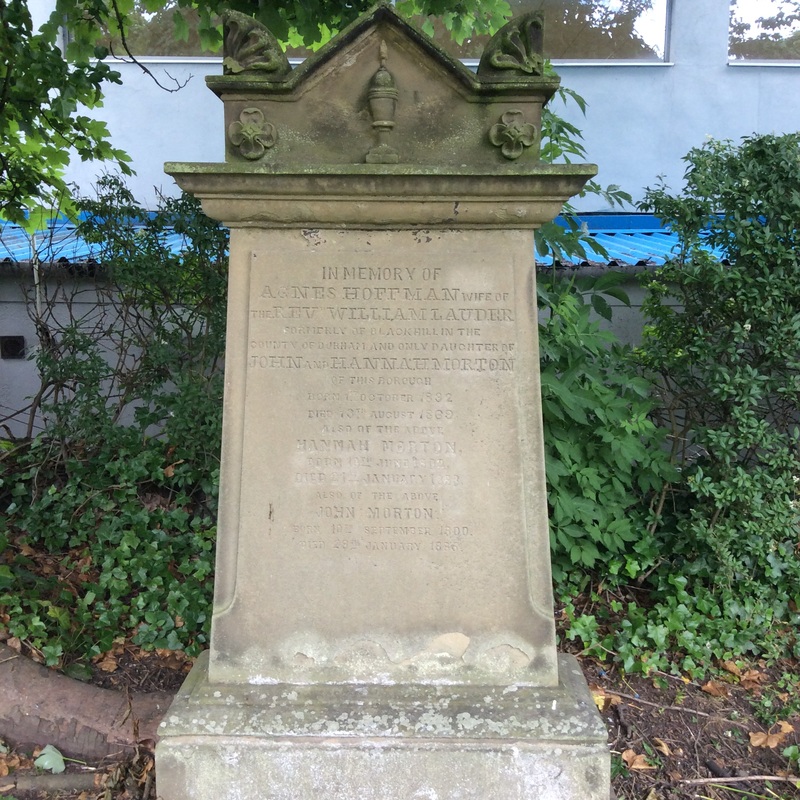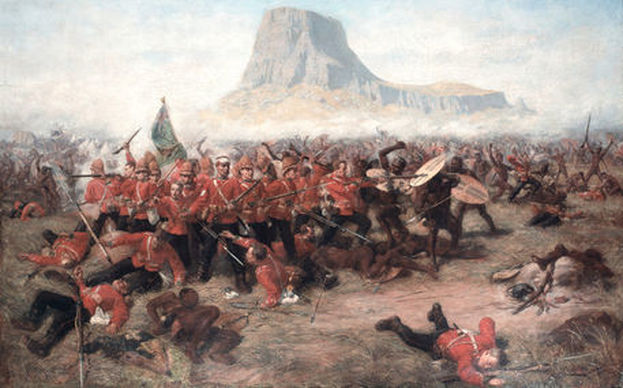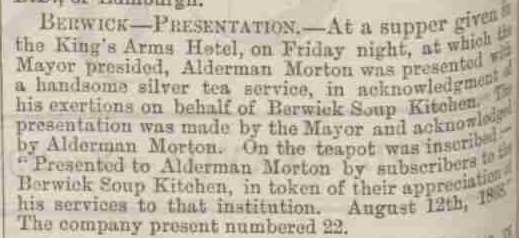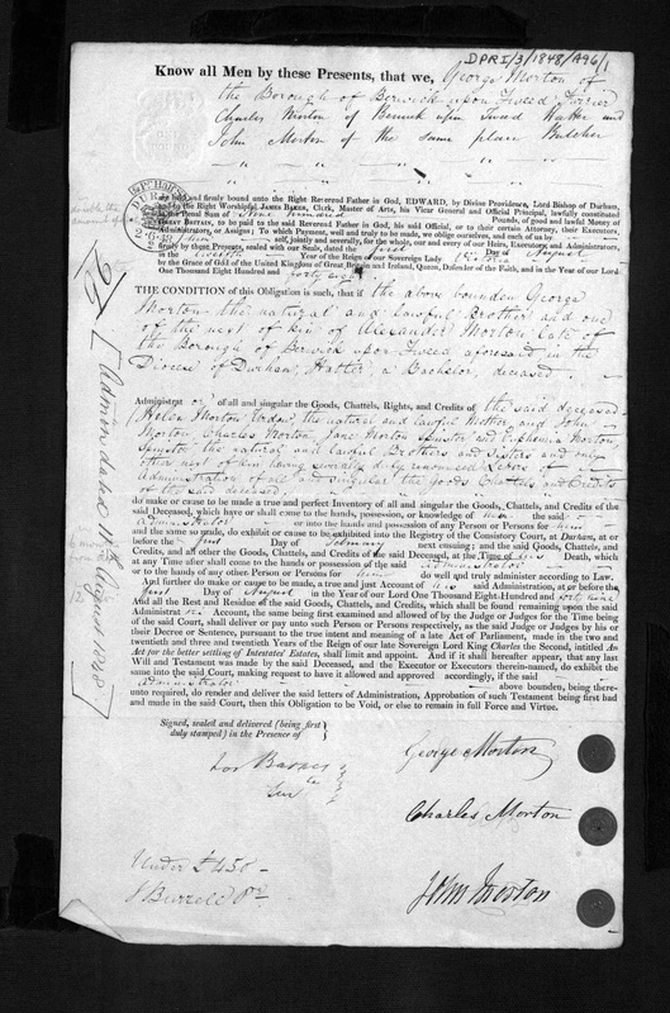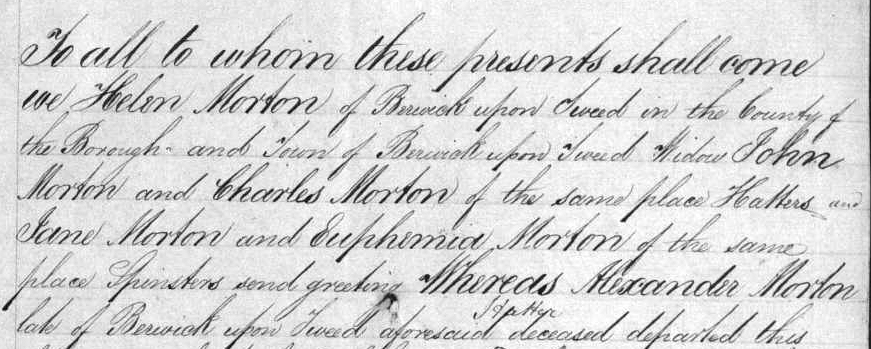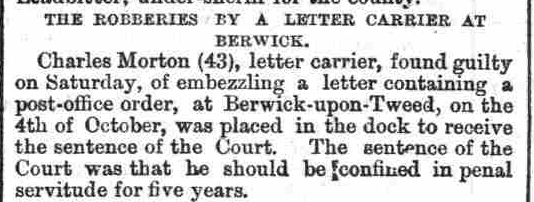|
The name of Morton has long had connections with the town of Berwick with numerous entries in the early Baptism & Marriage Registers from circa 1572 -1700. One of the earliest records I have come across being the grant of probate for a Thomas Morton an alderman dated 1583. The Will mentions brothers William and George and the Will of their father Thomas Morton dated 1561. Potentially (but as yet unproven) this suggests a possible family link back as far as the Elizabethan period when the famous walls and fortifications were built, whose enduring appeal make them a major tourist attraction of today. “Thomas MORTON, alderman, of towne of Barwick [Berwick-upon-Tweed, Northumberland]; also spelt Mortone The History of Parliament Online http://www.historyofparliamentonline.org/, contains the following information about his son, also called Thomas: Alderman, Berwick, mayor 1574, 1581, 1588, 1592 Tennis and a TeapotAs it has been such a fabulous summer of tennis, with some very exciting matches involving British female players, I thought I would revisit previous research into Agnes “Agatha” Morton a female tennis player of a by-gone era that made the ‘Wimbledon Hall of Fame’ in her own right. With her ‘Morton’ ancestral roots firmly planted in Berwick upon Tweed and whilst the Berwick 900 “Our Families Project” continues to explore the town’s heritage through its people, I set out to see what I could unearth, with help of a silver tea service!. It is unknown whether there is a familial connection to the three generations of Thomas Morton mentioned above, but as John Morton, the recipient of the tea service also endeavoured to make a difference within his community, the possibility is worthy of mention. The following account, however, focuses on what IS known and what I have discovered about Agatha’s immediate Morton ancestors, which I hope will prove useful to others researching the same family. First and foremost an error correction. Contrary to popular opinion widely reported in online family trees, Agatha’s grandfather was NOT Charles Rutherford Morton, but in fact John Morton, a butcher and himself a former Alderman of Berwick upon Tweed. (A further point before continuing, is that Charles is actually Charles Robson Morton, not Rutherford as often quoted. He was a colourful character indeed.) Agatha’s grandmother was Hannah Hoffman the granddaughter of Elizabeth Smith of Norham (1727 – 1797) and James Taylor of Horncliffe (1731 – 1813) her spouse. Agatha was born in Halstead, Essex on the 6th March 1872 and was christened Agnes Mary Morton but known as "Agatha" to her friends and family. Her father was solicitor Robert Rutherford Morton, born 1840 in Berwick - upon - Tweed and her mother was Jessie Mary Sinclair. The couple married in Halstead in 1869 and Agatha was the eldest daughter of seven children, three boys and four girls. Throughout her tennis career she was coached by her father Robert, and first came to prominence in 1902 when she won the All England Ladies Doubles final with her partner Charlotte Sterry. Agnes was twice runner up in the Ladies Wimbledon singles finals of 1907 and 1908. But at this time the ladies events at Wimbledon did not hold championship status. This was finally awarded to the Ladies Doubles in 1913 and Agnes together with her American partner Elizabeth Ryan won the title on the eve of World War I in 1914. Agnes also competed successfully on the international circuit in a host of tournaments in Germany and France. She was also placed 4th in the Summer Olympics of 1908 in London. From the album of photographs left to her by her father in his will, it is apparent she was also a keen cyclist and had enjoyed holidays with him cycling throughout France and Belgium. She married later in life, Sir Hugh Houghton Stewart bart., at the age of 53. Dame Agnes Stewart as she became known, died on the 5 April 1952 aged 80 in Holland Park, London. In her Will her last wishes were that:
Agnes leaves bequests to, amongst others, an unmarried sister Lillian Morton, her sister in law Mrs Violet Morton, her niece Mrs June Nott, wife of Donald Nott, Miss Angelina Nott Harden and her other unmarried sister Nora Morton of Perth. Her brothers had all predeceased her, the eldest Gerard Sinclair Morton in 1941, Reginald Charles Morton had died unmarried in Newcastle in 1934 and Bertram the youngest, a Bimbashi, (Major) in the Egyptian Army, formerly an inspector of mines in the Far East was killed during WW1 in 1917. Of her sister Kathleen there is no mention, other than her former spouse Basil St John Reyner who was charged with overseeing her funeral arrangements. Alas, Basil too had passed away before Agatha at his home in London in 1950. Robert Rutherford MortonHer father, Robert Rutherford was born of the 26th August 1840 and baptised at Shaws Lane Protestant Relief Congregation to parents John Morton and Hannah Hoffman who were married at Berwick in February 1826. Robert Rutherford son of John Morton, Butcher, Robert was the youngest of six children born to this marriage:
From his father, John Morton’s Will, originally written in 1874, the absence of a reference to sons Thomas and John would indicate they had died before this date, and from the inscription on the headstone it is apparent that his daughter Agnes passed away in 1869. There is further evidence that by the time of his own demise in 1885, John had been predeceased by both his wife Hannah in 1881, his son James in Queensland Australia in 1876, where he had been killed instantaneously by a falling tree, and Andrew Holmes who perished at the hands of the Zulus at the famous Battle of Isandlwana in South Africa in 1879. This left only one surviving child, his youngest son Robert Rutherford, Agatha’s father, as custodian of the tea service, so affectionately referred to and specifically singled out in his last wishes. “I give and bequeath the service of Plate consisting of Four Silver Articles presented to me in or about the year One thousand eight hundred and sixty eight to my said wife for her life. And from and after her decease I give and bequeath the same articles to my said son Robert Rutherford Morton absolutely. But I request (without meaning to constitute a Trust in this behalf) that my said son will in the case of his death without leaving issue so in his lifetime dispose of the said articles that the same may remain in the possession of some one of my lineal descendants resident in England or Scotland.” This last statement indicates John was aware he had two grandchildren overseas, the children born in Australia to his son James by his wife Annie McDonald. Robert Rutherford Morton died at Star Stile, Halstead in 1917, and remained true to his father’s wishes regarding the same. In clause 5 of his Will written the previous year he conveys the guardianship of the tea service to his eldest son, Gerard Sinclair Morton, also a solicitor and Agnes' older brother. “I give to Gerard Sinclair Morton the portrait of Samuel Francis his great-great-grandfather and the silver teapot and its stand, the sugar basin, tongs and cream pot, all of which belonged to my Father and were presented to him when he was Alderman of the Borough of Berwick-upon-Tweed.” Gerard passed away in 1941, leaving a widow Violet (nee Candy) and a daughter, June, by now Mrs Donald Nott. But what of the silver tea service, and why was it so important? John Morton 1801 - 1885, |
AuthorSusie Douglas Archives
August 2022
Categories |
Copyright © 2013 Borders Ancestry
Borders Ancestry is registered with the Information Commissioner's Office No ZA226102 https://ico.org.uk. Read our Privacy Policy
